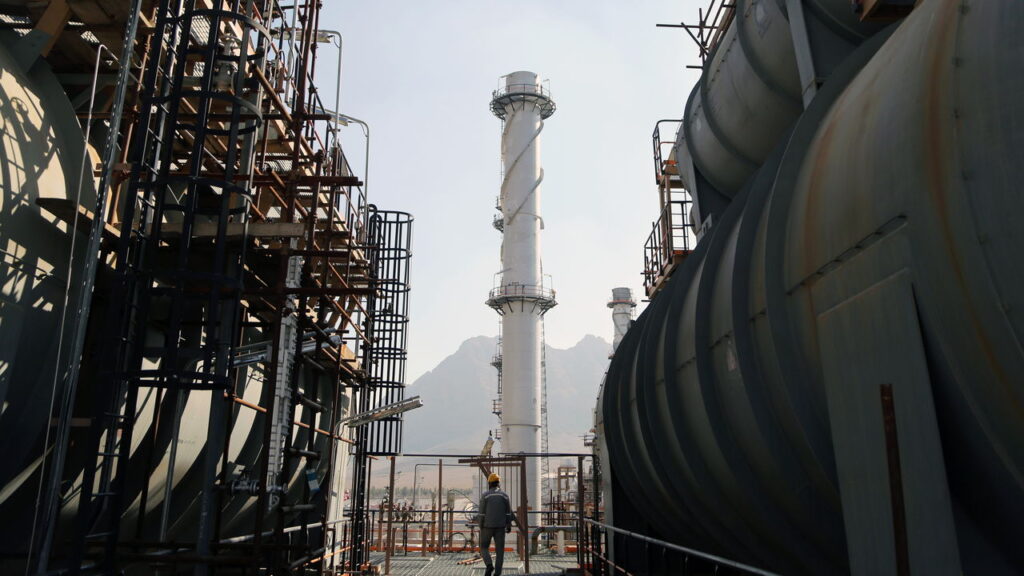On November 25th, an incident transpired that involved the Elva, a tanker operating under the flag of São Tomé and Príncipe. This vessel performed clandestine operations by picking up two million barrels of Iranian crude oil off the coast of Malaysia. The act of collecting such a considerable volume of crude in those waters drew significant attention due to the inherent risks associated with sanctions and international regulations governing oil trades, particularly involving Iranian oil. The ship’s journey thereafter was earmarked for north-east China, a route that typically takes around two weeks at most for a vessel of its size and capacity.
However, the timeline for the Elva took an unexpected turn shortly after its departure. Just a few days later, on December 3rd, the United States government made a decisive move by blacklisting the Elva. The grounds for this action centered on allegations that the tanker had breached existing sanctions imposed on Iran. This designation meant that any dealings associated with the vessel would result in significant punitive measures against those involved, creating a thick cloud of uncertainty around the Elva and its operations.
As of now, despite the vessel’s initial intentions of swiftly delivering its cargo, it has been stranded for an extended period, remaining less than 20 kilometers from the point where it took on its cargo. The fact that it has been unable to complete its journey has raised eyebrows and intrigued those who follow maritime activities and international relations. The situation encapsulates the complexities involved in today’s global trade, particularly in sectors like oil where sanctions and geopolitical tensions often intersect.
The implications of the Elva’s predicament extend far beyond the immediate effects on the vessel and its crew. For stakeholders in the energy market, the episode underscores the precarious nature of dealing with Iranian crude amidst severe sanctions. The consequences are far-reaching, impacting not only the shipping industry but also oil markets that are sensitive to supply disruptions. Furthermore, the fate of the Elva raises questions about the enforcement and monitoring of sanctions, especially in regions where adherence can often be ambiguous. The current ordeal of the Elva serves as a reminder of the intricate web of global trade dynamics shaped by legislation and compliance challenges.
For those observing the unfolding situation, it’s clear that the implications of such actions resonate deeply within the geopolitical landscape. The Elva’s delay is emblematic of the broader issues surrounding maritime navigation, regulatory enforcement, and the vulnerabilities faced by vessels engaged in high-stakes international trade. The repercussions are also significant for Iran, as the restrictions on its oil exports significantly affect its economy.
In conclusion, the saga of the Elva is not merely a tale of a stranded tanker but a vivid illustration of the interplay between international sanctions, maritime trade, and geopolitical maneuvering. As global markets closely monitor developments, it becomes apparent that any resolution to this situation will require intricate navigation of complex regulatory frameworks, stakeholder negotiations, and an understanding of the broader implications for energy security and international commerce. The Elva will likely remain a focal point of interest for analysts and policymakers alike, spotlighting the precarious balance between trade, law, and national interests in the current global economy.









